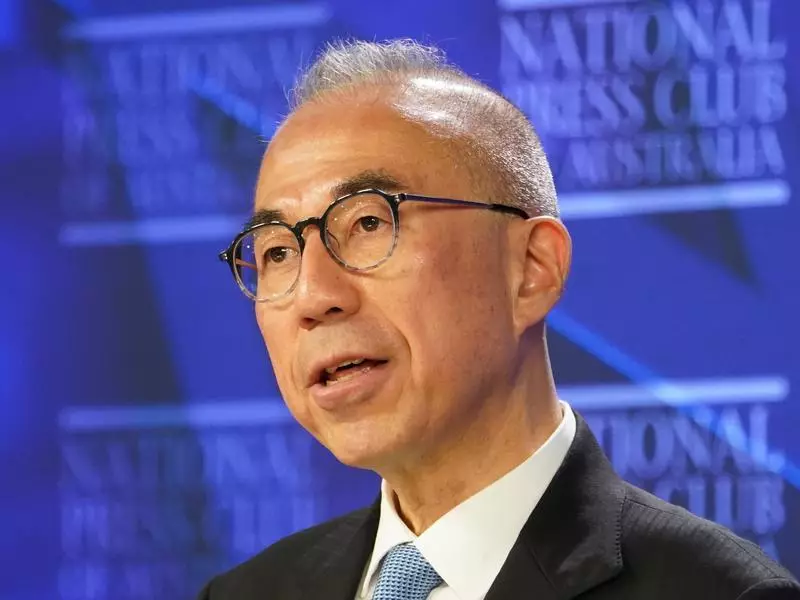
The Japanese government has raised significant concerns about South Korean conglomerate Hanwha Group's proposed takeover of Australian shipbuilder Austal, citing potential national security implications that could affect regional defence cooperation.
Defence Industry Implications
Tokyo's cautious stance emerges as Hanwha Ocean, a subsidiary of Hanwha Group, contemplates acquiring Austal Limited, one of Australia's most important defence contractors. The Japanese administration has privately communicated its apprehension to Australian officials, highlighting how this potential acquisition might impact the trilateral security relationship between Australia, Japan, and the United States.
The concern stems from Austal's strategic importance as the only shipbuilder operating naval shipyards in both Australia and the United States. With facilities in Henderson, Western Australia, and Mobile, Alabama, Austal holds crucial contracts with both the Royal Australian Navy and the United States Navy, building everything from patrol vessels to advanced Independence-class littoral combat ships.
Regional Security Considerations
Japanese officials worry that South Korean ownership of such a strategically significant defence asset could complicate sensitive technology sharing and joint operations among the three allied nations. This comes at a time when Australia, the US, and Japan are deepening their military cooperation through initiatives like the AUKUS partnership and regular joint naval exercises.
The Japanese government's intervention represents an unusual level of involvement in a commercial transaction between companies from two allied nations. However, it underscores the growing importance of defence industrial base security in an increasingly volatile Indo-Pacific region.
Austal, founded in 1988, has grown into a global shipbuilding enterprise with approximately 5,000 employees worldwide. The company's value has been estimated at around $1.1 billion, making it an attractive target for international defence conglomerates seeking to expand their naval capabilities and Western market access.
Regulatory Hurdles Ahead
Any potential takeover would need to clear multiple regulatory obstacles, including approval from Australia's Foreign Investment Review Board and potentially from the Committee on Foreign Investment in the United States, given Austal's significant American operations and defence contracts.
The Australian government has previously blocked foreign takeovers of strategic assets on national security grounds, most notably when it prevented a Chinese company from acquiring the energy grid in New South Wales. This precedent suggests that Canberra will carefully weigh both economic and strategic considerations before approving any deal.
Industry analysts note that Hanwha's interest in Austal aligns with South Korea's broader strategy to become a global defence industry leader. Hanwha Group already possesses substantial defence manufacturing capabilities, including artillery systems, armoured vehicles, and aerospace components.
The situation continues to develop as all parties assess the strategic implications of what would be one of the most significant defence industry acquisitions in recent Australian history.






